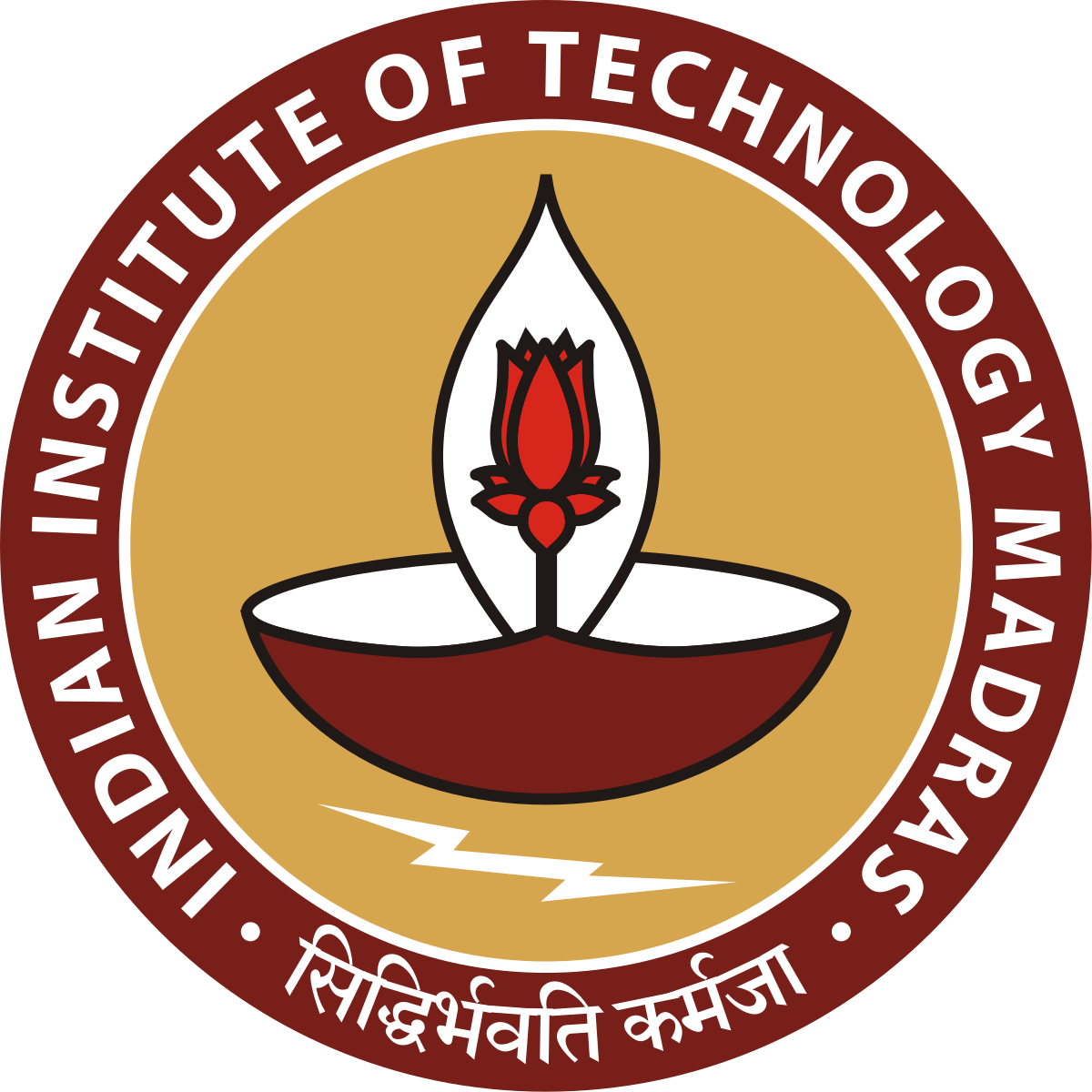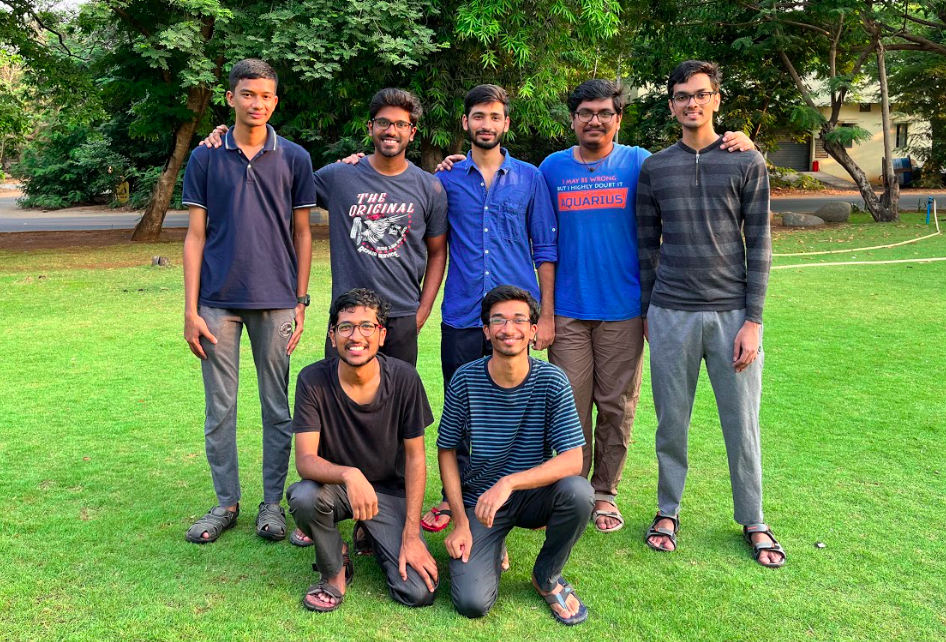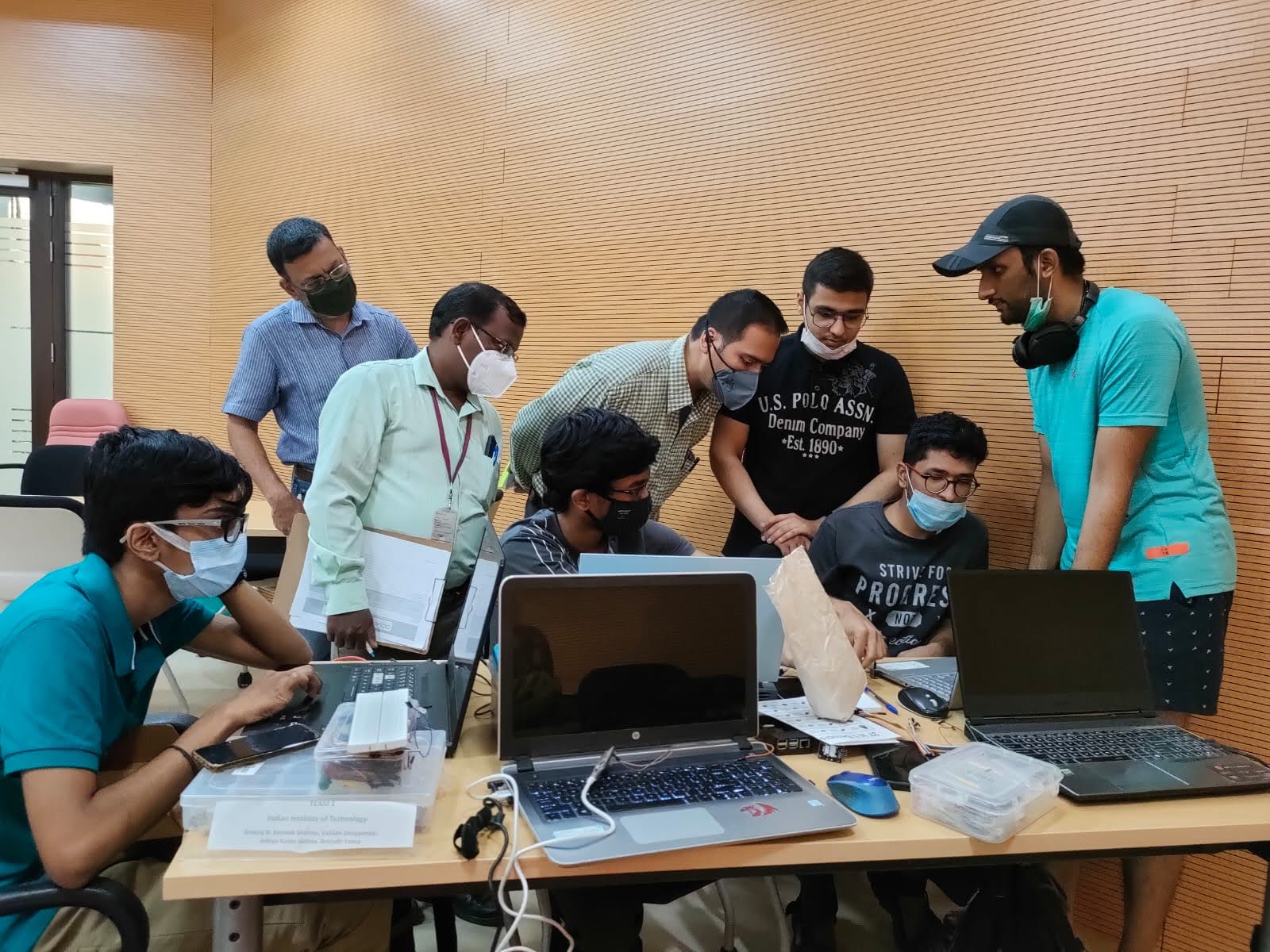Aditya Kailas Jadhav


Won fifth prize in an international student competition among 33 teams all over the globe. The Virtual RobotX (VRX) Competition is an international, university-level competition organized by Naval Postgraduate School, the Office of the Naval Research, Open Robotics and Robonation, where we have to formulate robot autonomy in a simulated environment in Gazebo.
Teams operate their vehicle (which is a twin hull vessel) in a Gazebo-based simulation environment built by Open Robotics and Naval Postgraduate School. Teams are tasked to develop innovative solutions to ensure their virtual Surface Vessel performs the desired tasks autonomously. This was the second iteration of the VRX Competition where it was held in 3 Phases, starting with Phase 1 in December 2021 with the final Phase 3 being in April 2022. 33 teams around the globe representing Asia, America, Europe and Australia submitted their solutions for the final phase of the competition.
Teams were expected to provide solutions to 6 tasks in the order of increasing complexity, about different aspects of autonomy which involved Guidance, Navigation, and Control. The 6 tasks were divided into 3 tasks which involved performing lower-level autonomy like station keeping, waypoint tracking, and perception and object localization. The remaining 3 Tasks involved a combination of the 3 lower level tasks to perform a higher level of autonomy. The source code to the solutions provided by the team can be found on GitHub.

Won first prize in a student hackathon among 15 teams in the Hardware Interface track organized by the OCEANS 2022 COnference Chennai. The Hardware Interface track focused on using hardware to provide the solution to the problem provided. Robust, flexible all-time 24×7, all weather, and low-cost electronics and software was the main goal to be applied to a variety of science missions for acquiring data and storing for both terrestrial and ocean applications.
Our team consisting of five members successfully completed the interfacing of analog sensors with a Single Board Computer (SBC) to visualize realtime data. The competition involved experience with Raspberry Pi, Arduino micro-controllers and a basic understanding about analog sensors.


